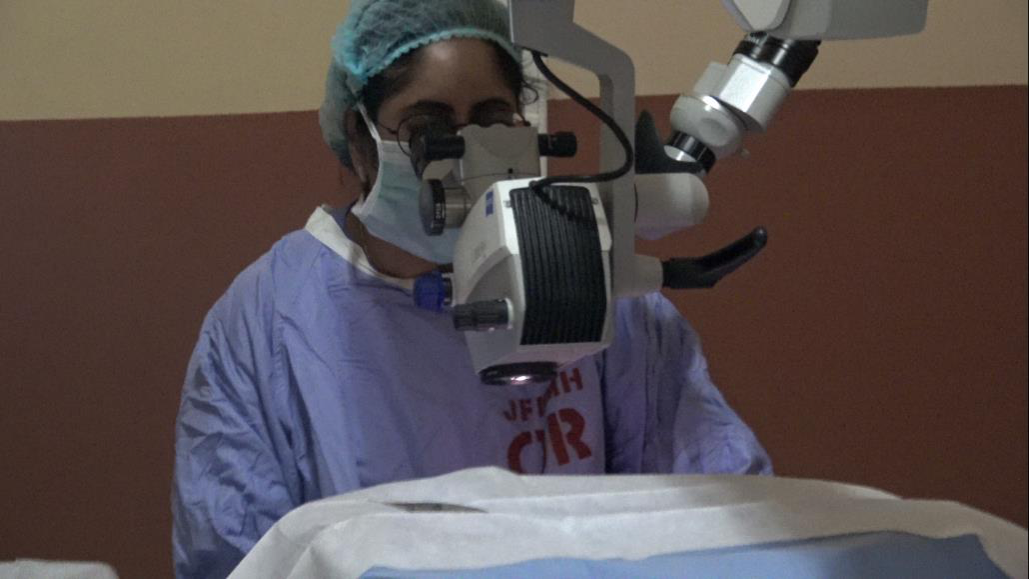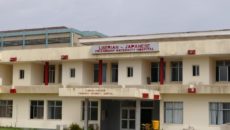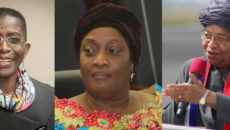MONROVIA, Montserrado – A doctor visiting from India, Dr. Somasheila Murthy, recently performed four cornea transplant surgeries at the John F. Kennedy Medical Center.
The cornea is the eye’s outermost layer. It is the clear, dome-shaped surface that covers the front of the eye which plays an important role in focusing an individual vision.
Murthy heads Cornea Services at the L. V. Prasad Eye Institute in India. The institute collaborates with JFK to operate the medical facility’s eye center.
After performing her third transplant surgery on Thursday, March 29, Murthy told The Bush Chicken in an exclusive interview that she was in the country to see patients with eye problems and operate on people with cornea diseases.
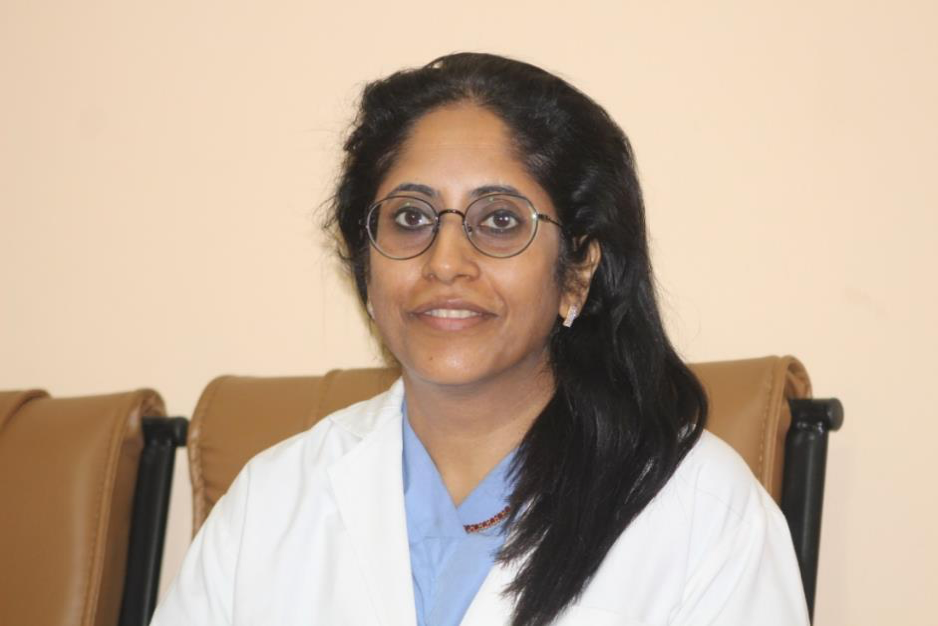
Dr. Somasheila Murthy, head of Cornea Services at the L. V. Prasad Eye Institute in India, said the long-term goal for the eye center at the JFK will be to set up an eye bank. Photo: Zeze Ballah
Murthy said the “very difficult and stressful†cornea transplant surgeries were done on four patients to include three males and an 80-year-old female.
Prior to the surgeries, she said three of the patients were completely blind.
Murthy explained that she was hesitant to do the surgery on the aging female.
“I wondered whether she could withstand the long hours,†the surgeon said. She proceeded with the surgery because the elderly woman was motivated to have the procedure done as she did not want to depend on her daughter for everything.
“After a successful surgery, the aging female was able to identify and pronounce the name of objects on the [eye] chart,†Murthy said. The woman is now able to walk on her own.
“All of the four surgeries were successful, and I hope that their vision improves,†she said.
Murthy said more surgeries could have been done if more cornea tissues could have been shipped to Liberia. A Seattle-based American organization, SightLife, provided the cornea tissues used on the four patients.
“There is no eye bank or other sources of getting the corneas in Liberia,†she said, adding that the surgery also requires skillful surgeons and specialized instruments.
Murthy said her institute would work with the eye center in Liberia to build its capacity. Future plans include sending more specialists to Liberia to perform transplants, in addition to working with international eye banks such as SightLife to ship cornea tissues to the country.
One plastic surgeon is expected in the country next week, as part of the Eye Institute’s plan to send one specialized doctor every month to perform surgeries.
The long-term goal for the JFK eye center will be to establish an eye bank, Murthy said, because it is unsustainable to continue bringing tissues from abroad to operate on patients.
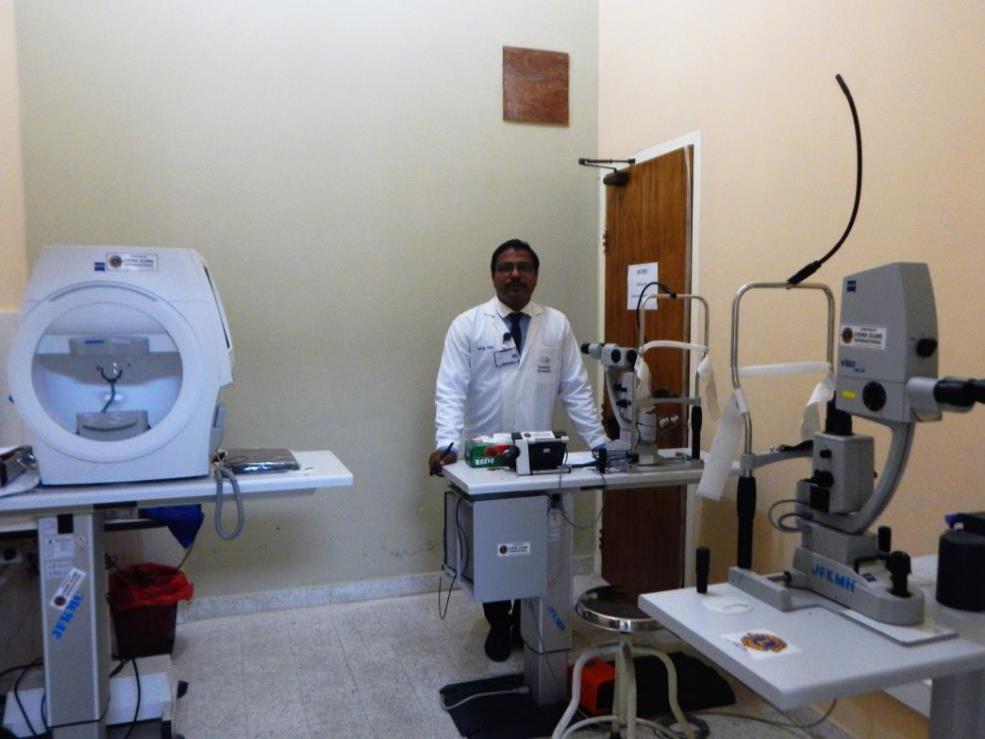
Retinal and YAG laser instruments at the eye center. Photo: Zeze Ballah
Because of the limitations of the eye center, patients are coming to the center with their eye diseases at very late stages.
“It is not because they do not understand or realize the importance of the center, but because the facility is inadequate,†the surgeon said. However, she added that the eye center, which is in its ninth month of existence, could do more to reach out to people who need to benefit from its services.
She said people need to know that “world class treatment is being offered for all sections of the society, including those who do not have the funds to pay for treatment.â€
“We want to go out in the various communities and screen the patients in order to see which eye diseases people are suffering from and bring them to the center for surgeries because the institute is able to subsidize the treatment cost for many patients,†Murthy added.
Former president Ellen Johnson Sirleaf dedicated the Liberia Eye Medical Center in July 2017 and since then, the eye center has been working to ensure it can train enough Liberians to independently run the facility.
Nikhil Naik, a consultant at the center, said the center approached the Ministry of Education in July 2017 about a residency program to train doctors. The program will train students in Liberia for nine months before sending them to India for another three months to do their practical. The entire program will last for three years, Naik said.
Naik said the residency program will help Liberia become self-sufficient in eye care.
He noted that seven medical students had already left for India in March 2018. They will be trained there for six months.
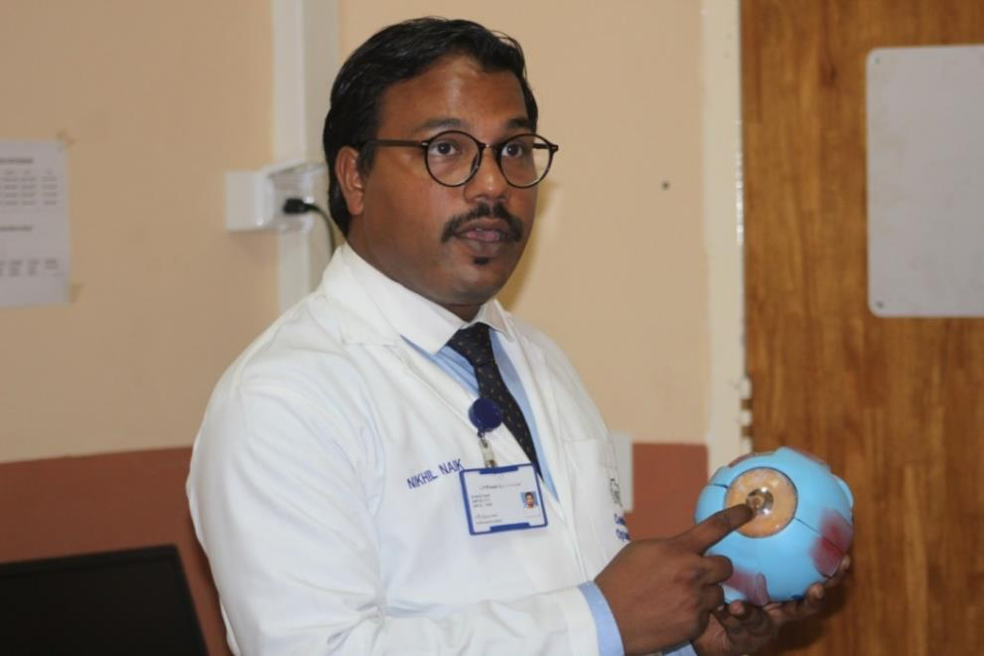
Nikhil Naik is a consultant at the Liberia Eye Medical Center at JFK Medical Hospital. Photo: Zeze Ballah
Naik said the institute is also helping to advance the knowledge of medical students and that four students recently completed training in India as vision technicians. They are now providing their services at the eye center.
Featured photo by Zeze Ballah. Editor’s note: A previous version of this article referred to Nikhil Naik as Dr. Nishant Kumar, the head of the center.
